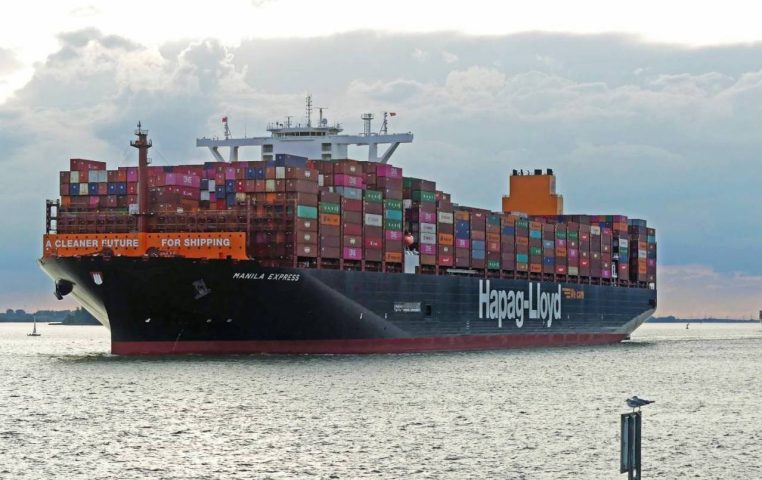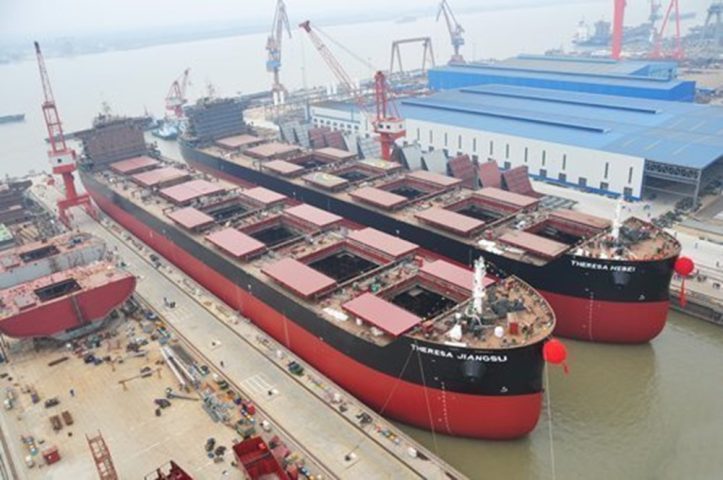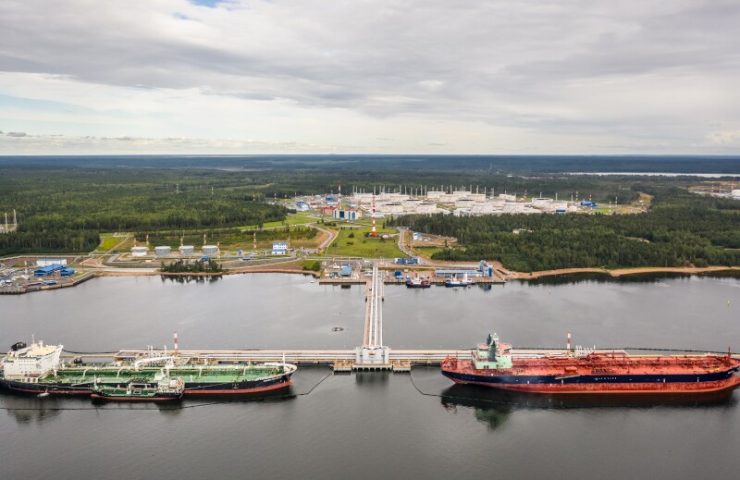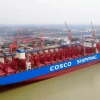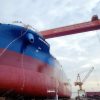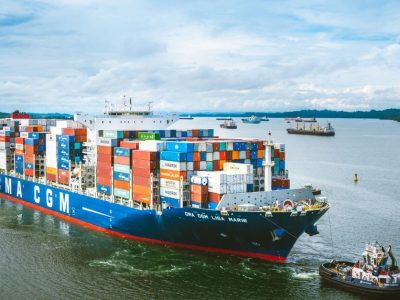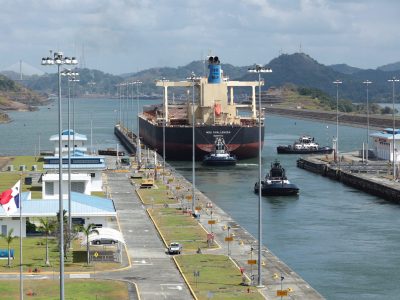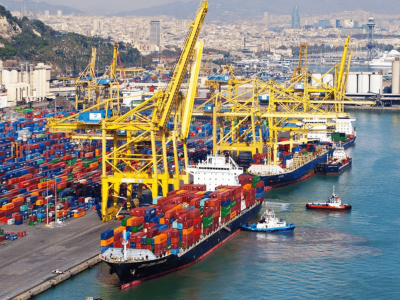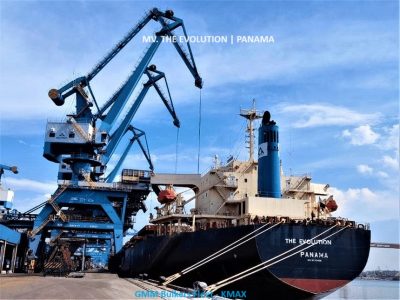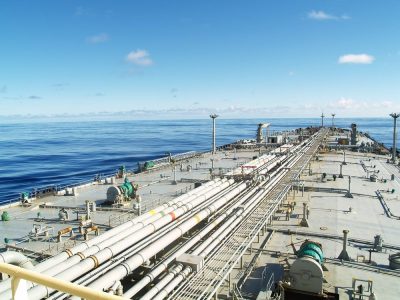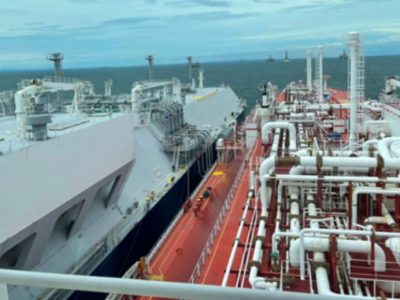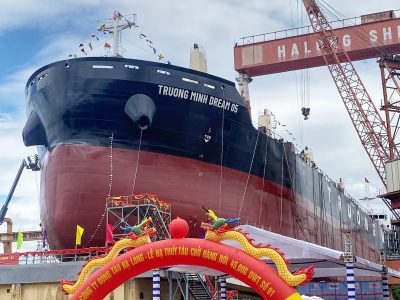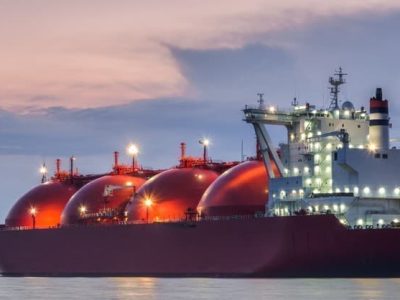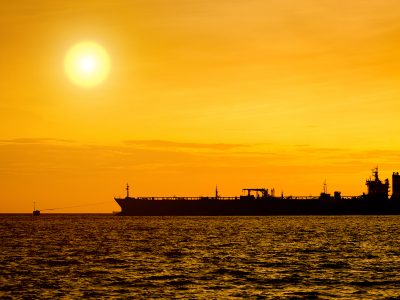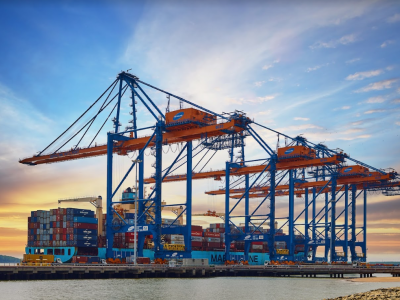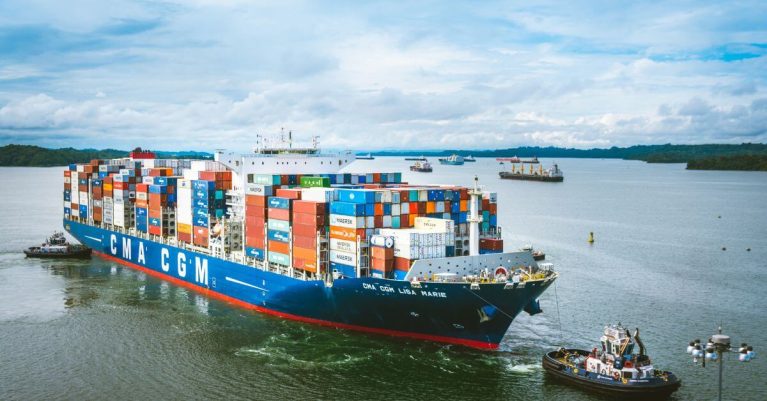By GMM News | 2024-04-12 | International Shipping News |
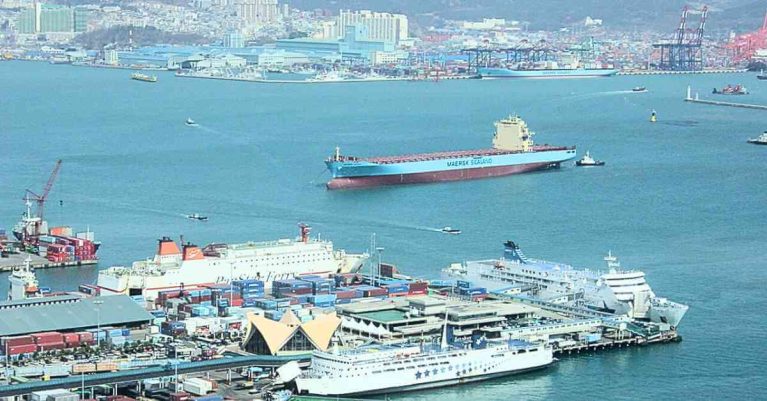
In a groundbreaking development, South Korea’s Busan New Port has launched the country’s first fully automated terminal, the seventh container terminal.
South Korean President Yoon Suk Yeol attended the terminal’s opening ceremony and praised the facility’s continued efforts to transform the Port of Busan into a world-class smart port and a centre for international transportation.
The terminal features remotely controlled ship-to-shore cranes built in Korea.
Port of Busan’s productivity is expected to rise by 20% compared to other terminals with the automated cargo transfer from ships, lowering the risk of incidents related to the port’s safety.
The Busan New Port was opened in 2006 because the older terminals at Busan Harbour could not handle the rapid trade development at the major transhipment port.
The expansion of the Busan New Port is scheduled to last until 2040-2050. According to the Busan Port Authority, the total expansion project is expected to cost around $32 billion after completion.
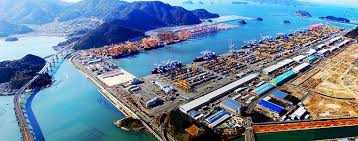
The previous year’s container volume at the Port of Busan reached a record high of 22.75 Million TEU, about a 3.1% rise compared to last year.
President Yoon Suk Yeol has promised to extend the tonnage tax system before it expires at the end of the year.
Shipping businesses pay taxes based on the net tonnage of their fleet rather than profits since the tonnage tax is applied to them instead of regular corporate taxation.
However, the tonnage tax system is criticized for being discriminatory and failing to maintain tax justice.
South Korea examines the tonnage tax system every five years. The President’s assurance that the tonnage tax system will be maintained reflects the government’s commitment to reestablish the domestic maritime industry.
In addition, President Yoon also promised to provide $4 Billion in government funds to national shipping businesses so they could grow their fleet and support the transition to a greener and better economy.
The Port of Busan is a hub port in Northeast Asia equipped with high-tech logistics facilities. It connects 500 ports in 100 countries worldwide.
Reference: Mfame

